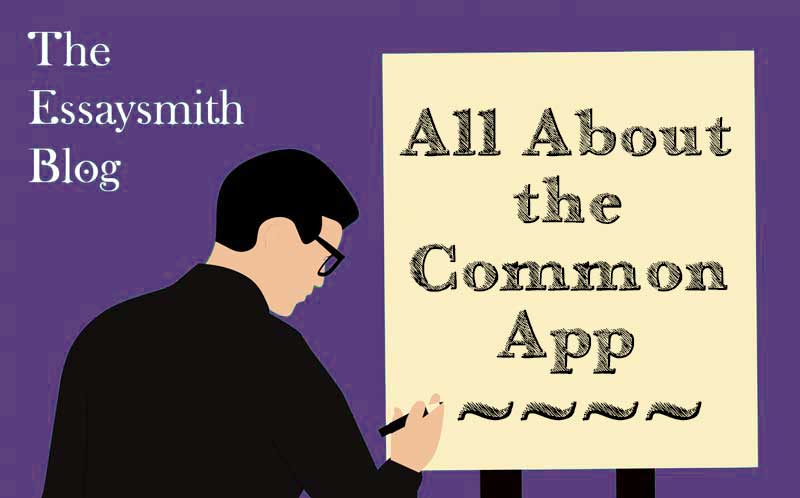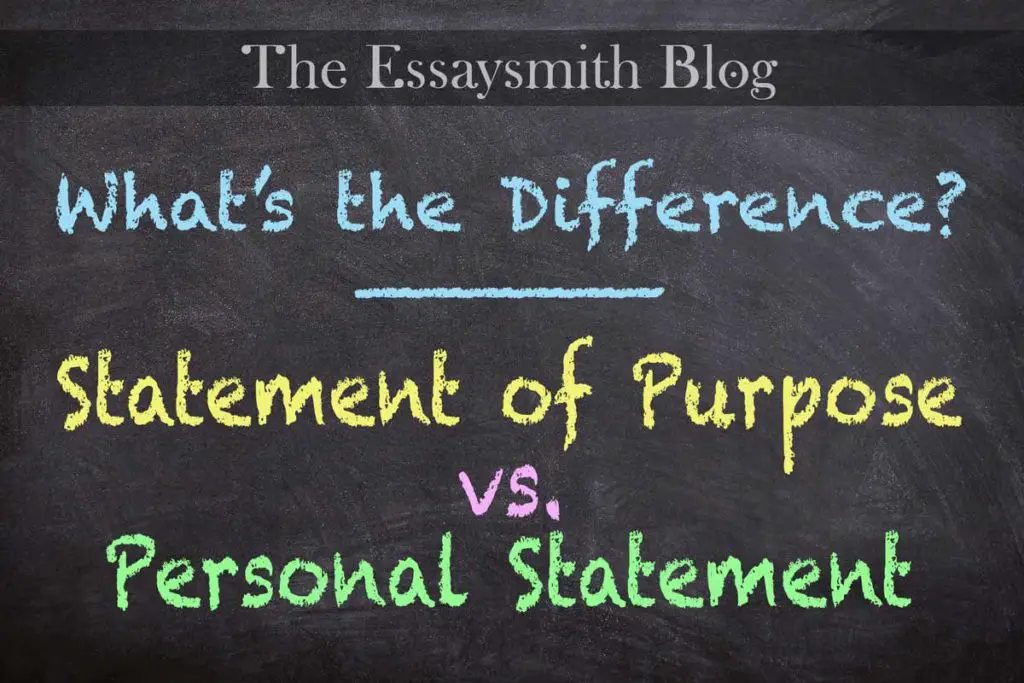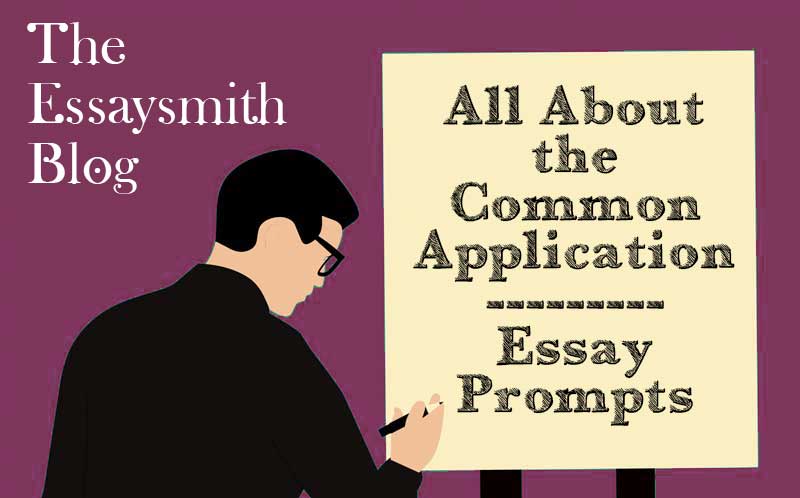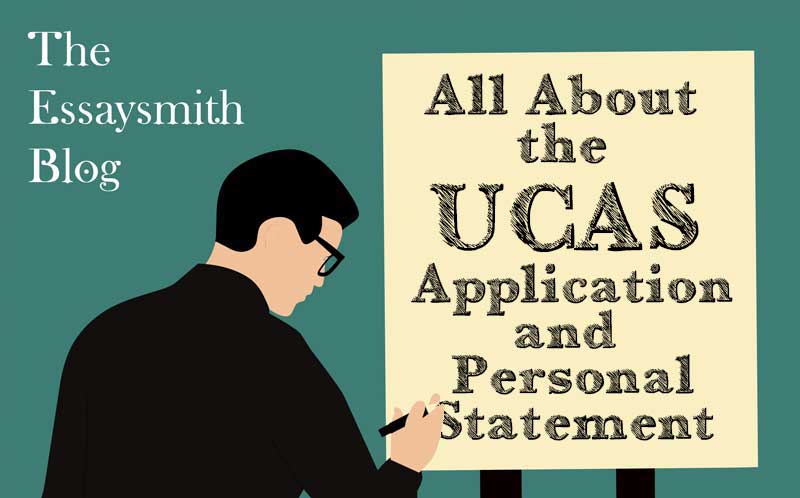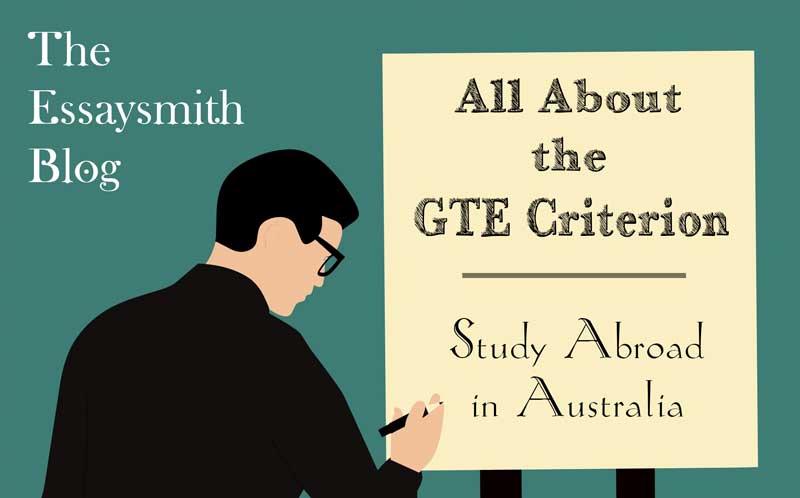Applying for college can be an incredibly stressful time for students and parents alike. The Common Application (or “Common App” as it’s commonly known) helps to simplify and streamline the process.
Similar to the UCAS process in the UK, the Common Application makes it possible for students to apply to several schools using a single application. Although you don’t need to use the Common App—as you can also apply directly to a school using their website or paper application—the Common App makes it much easier to apply to multiple schools at once.
The Common App is accepted by nearly 900 colleges and universities, most of which are in the USA. The website functionality was updated in July of 2019, and it is now an excellent place to begin searching around and making necessary preparations.
Here we’ll give a brief explanation of the key points about the Common App, along with a few tips to get you on your way.
How to Use the Common App
First, go to commonapp.org and simply look around. You can search for colleges or other information, and you can begin getting a feel for how it works. The new application season opens on August 1st of each year, but you can create an account any time you like.
To use the Common App, you will need to follow these steps:
- Create Your Profile
- Add colleges to your list
- Gather requirements
- Submit applications
Students are advised to start their applications on August 1st before their senior year.
The Common App is free to use, though some schools may charge their own application fees, which you will have to pay when submitting those applications.
What Information Do I Need?
To begin an application, go to commonapp.org and click the “Apply Now” button. For the application, you will need standard CV/resume information (academic history, work history, extracurriculars, awards, etc.), and some schools will require letters of recommendation and transcripts.
The Common App also has seven essay prompts that you may need to submit with applications. Some schools require one of these essays, whereas others don’t (some schools will have essay requirements of their own). Still, it’s a good idea to have a good essay ready to go, just in time you need it. We have much more information on the essay prompts in our blog post: All About the Common App Essay Prompts
Need help writing a compelling essay? Contact our SOP Writing Services!
The Common App2
There is also now a Common App mobile app (the Common App-App, as it were), which has the incredibly useful feature of keeping track of deadlines for different colleges. We highly recommend that you download and utilize this app’s features. As you move forward with applications, the number of details, deadlines, and responsibilities can start to spiral out of control.
Maybe you have a special ability to keep track of multiple dates and times and deadlines and remind yourself at just the right time. If you don’t, the mobile app can serve as a second brain, allowing you to keep everything straight and stay on track.
The Early Bird Gets the . . . Degree
In truth, the Common App is relatively standard and self-explanatory, as far as college applications go. The most important thing to remember is that procrastination will make this process much, much more stressful. It’s important to get started as early as possible (August 1st, if you can), so that you have as much time to work out any problems that come up.
The essays and letters of recommendation are perhaps the most time-consuming aspect of the Common App, so it’s good to get started on these first.
Be sure to pay attention to the particulars of each university’s admissions process. Some will want different essays or letters of recommendation, and some will charge fees while others are free. If you do have questions, you can contact the university’s admissions department.

